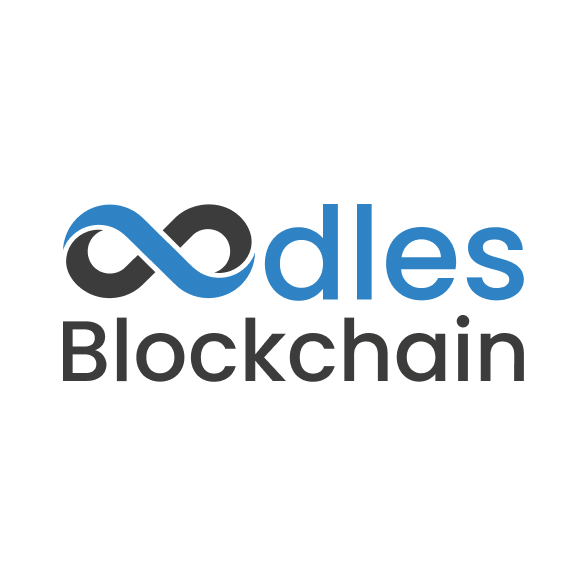Audio Presented by

Full-Stack Blockchain Development Services and Solutions for Startups and Enterprises for Business Excellence
Story's Credibility

About Author
Full-Stack Blockchain Development Services and Solutions for Startups and Enterprises for Business Excellence
